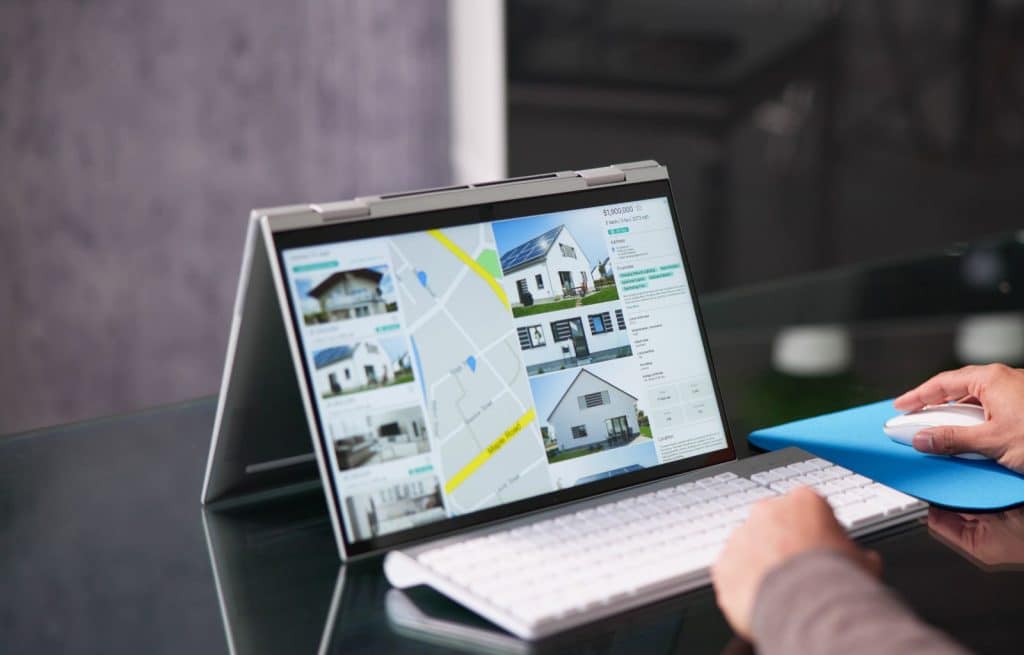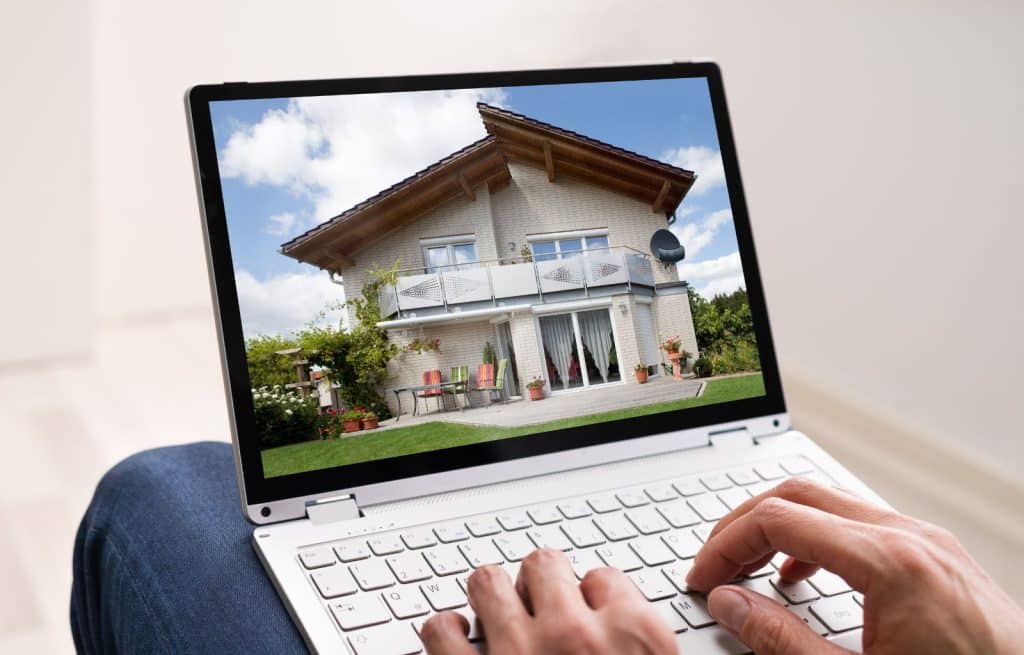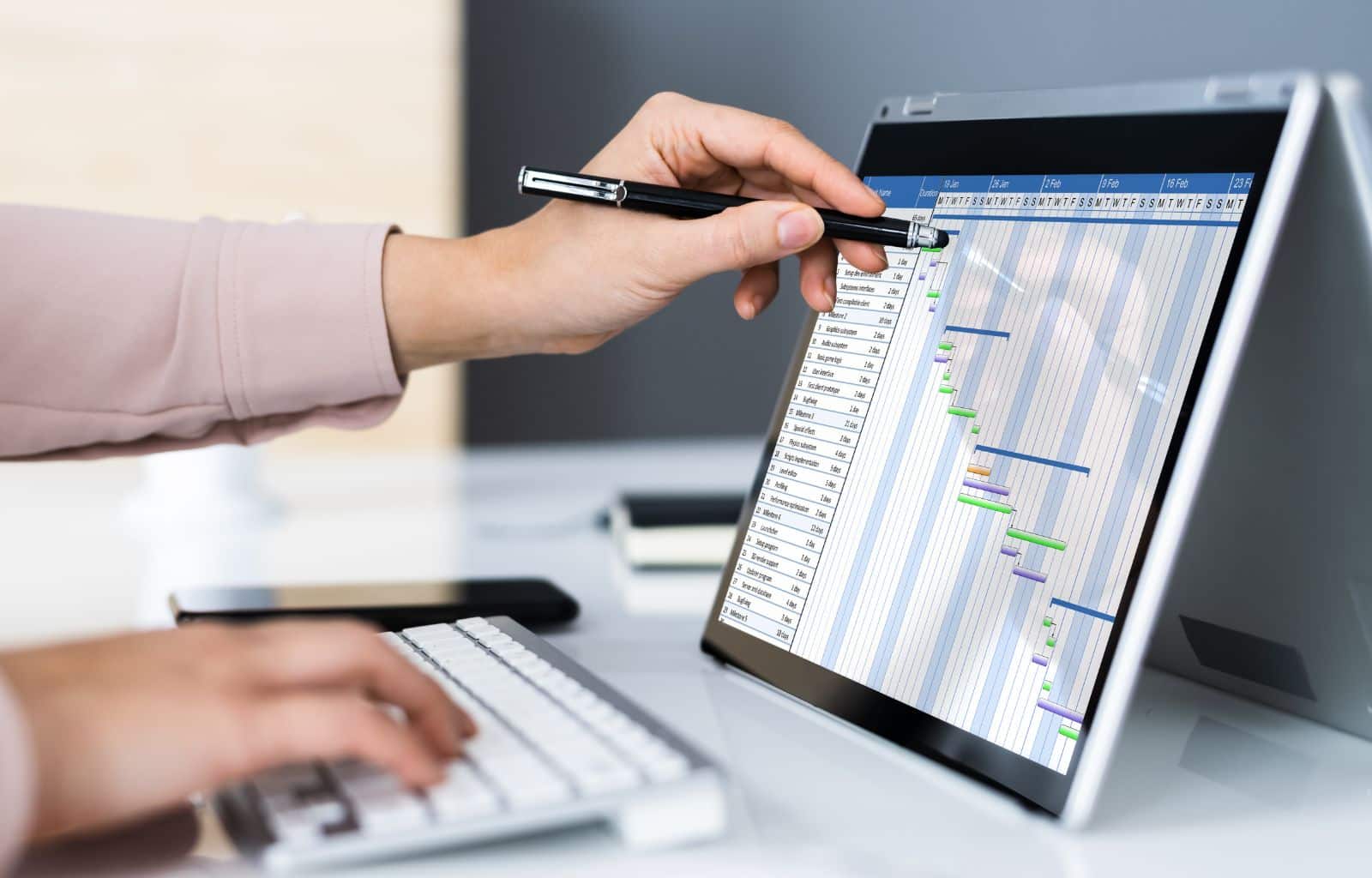Property management is transforming in today’s fast-paced real estate landscape. Gone are paperwork-laden desks and endless phone tag between tenants and managers. The digital revolution has ushered in an era where artificial intelligence, smart devices, and automated systems that are revolutionizing how properties are managed, marketed, and maintained. This technological evolution isn’t just changing the industry—it’s completely reimagining it.
Traditionally, property managers faced numerous challenges: coordinating maintenance requests, tracking rent payments, managing lease agreements, and maintaining effective communication with tenants. These tasks often resulted in overwhelming administrative burdens and reduced efficiency. However, integrating modern technology has provided elegant solutions to these age-old challenges, transforming property management into a streamlined, data-driven profession.
Core Technological Advancements

Property Management Software (PMS) is at the heart of this transformation, serving as the central nervous system of modern property operations. These comprehensive platforms have revolutionized how property managers handle their daily tasks. Instead of juggling multiple spreadsheets and paper files, managers can now access integrated systems that handle everything from lease management to financial reporting.
Modern PMS platforms excel in several key areas:
- Lease Management: Digital signing capabilities and automated renewal reminders have replaced manual paperwork
- Rent Collection: Sophisticated payment processing systems offer tenants multiple payment options while automatically tracking and recording transactions
- Maintenance Coordination: Work orders are now tracked from submission to completion, with real-time updates and digital documentation
The real power of PMS lies in its ability to create a seamless experience for property managers and tenants. For instance, when a tenant submits a maintenance request through their portal, the system automatically notifies relevant staff, schedules the work, tracks progress, and updates all parties involved—all without requiring a single phone call or email chain.
Beyond essential management software, the Internet of Things (IoT) and smart home technology have introduced unprecedented levels of control and efficiency. Smart thermostats automatically adjust temperatures to optimize energy usage, while connected security systems provide real-time monitoring and alerts. These innovations enhance property value and significantly improve tenant satisfaction and safety.
Virtual and Augmented Reality: Revolutionizing Property Showcasing

Integrating Virtual and Augmented Reality (VR/AR) technology has transformed how properties are marketed and shown to potential tenants. These immersive technologies have become particularly valuable in today’s market, where remote viewing and digital accessibility are increasingly important. Property managers can now offer detailed virtual tours that allow prospective tenants to explore properties from anywhere in the world, examining every corner and feature as if they were physically present.
Virtual staging has become another game-changing application of this technology. Rather than investing in physical staging furniture or showing empty units, property managers can digitally furnish spaces to help potential tenants visualize the living possibilities. This reduces costs and allows for quick adjustments to match different tenant preferences or styles.
Transforming Core Property Management Processes

Technology integration has fundamentally reshaped how property managers handle their day-to-day operations, from marketing to maintenance. This digital transformation has created more efficient workflows while improving the experience for property managers and tenants.
Marketing in the Digital Age
Modern property marketing has evolved far beyond traditional listings and physical signage. Property managers now leverage sophisticated digital marketing strategies to reach potential tenants where they spend most of their time—online. Through targeted social media advertising and sophisticated online rental marketplaces, properties can be showcased to precisely defined audiences, increasing the likelihood of finding qualified tenants quickly.
Digital marketing efforts are enhanced by professional virtual tours and high-quality 3D visualizations, allowing prospective tenants to get a genuine feel for properties before scheduling in-person visits. This not only saves time for both parties but also helps attract more serious inquiries. Property managers can now effectively manage their online reputation through various platforms, responding to reviews and maintaining a robust digital presence that builds trust with potential tenants.
Streamlined Tenant Operations
The tenant experience has been revolutionized from the tenant transactions of the past.. Digital lease agreements have replaced cumbersome paper documents, allowing for secure, efficient signing processes that can be completed anywhere. Tenant portals serve as one-stop destinations for all resident needs, from accessing important documents to submitting maintenance requests.
Once a time-consuming process involving checks and manual record-keeping, rent collection has been transformed by online payment systems. These platforms offer:
- Multiple payment options to suit tenant preferences
- Automatic payment scheduling for consistent rent collection
- Immediate payment confirmation and digital receipts
- Automated late fee calculations and notifications
Enhanced Maintenance Management
One of the most significant improvements has been in maintenance management. The traditional process of phone calls and paperwork orders has given way to sophisticated digital systems that streamline every aspect of property maintenance:
Property managers can now coordinate with maintenance staff and contractors through integrated communication platforms, ensuring quick response times and precise documentation of all work performed. Intelligent building systems provide real-time monitoring of critical systems, allowing for proactive maintenance that prevents costly emergencies.
The power of predictive analytics has introduced a new era of preventive maintenance. Property managers can schedule routine maintenance at optimal times by analyzing patterns in equipment performance and maintenance history, reducing both costs and tenant disruption. For example, HVAC systems can be serviced before peak seasonal demands, preventing breakdowns during extreme weather conditions.
Tangible Benefits for All Stakeholders

The technological revolution in property management has created significant advantages for property managers and tenants, establishing a win-win scenario that improves the rental ecosystem.
Empowering Property Managers
The adoption of modern technology has led to dramatic improvements in operational efficiency for property managers. Tasks that once required hours of manual work can now be completed in minutes, allowing managers to focus on strategic decisions and relationship building. This increased efficiency translates directly to the bottom line, with reduced operational costs and improved profitability.
Data-driven decision-making has become a crucial advantage. Property managers can now access detailed analytics about their properties’ performance, market trends, and tenant behaviors. This wealth of information enables them to make informed decisions about everything from rental pricing to property improvements.
More importantly, these technological solutions give property managers a competitive advantage. Properties utilizing smart home features, convenient digital services, and efficient management systems tend to attract and retain high-quality tenants more effectively than those still relying on traditional methods.
Enhancing the Tenant Experience
From the tenant’s perspective, modern property management technology has transformed the rental experience into something more akin to a high-end service. Digital communication channels provide unprecedented access to property management teams, while online portals offer convenient self-service options for everyday needs.
The integration of smart home technology has made rental properties more comfortable and secure. Features like smart thermostats, keyless entry systems, and advanced security cameras provide peace of mind while often reducing utility costs. Personalized services, enabled by AI and data analytics, help create living experiences that better match individual tenant preferences and needs.
Looking to the Future

Emerging Technologies and Trends
The property management industry is poised for even more revolutionary changes. Blockchain technology promises to streamline property transactions and contract management further, potentially transforming how leases and payments are handled. Advanced AI systems are becoming increasingly sophisticated, with the potential to handle more complex decision-making processes and provide even more personalized services.
Critical Considerations
However, with these advances come important considerations about privacy and ethics. As property management systems collect and analyze more data, protecting tenant privacy and ensuring data security becomes paramount. Property managers must navigate these challenges while maintaining transparency and trust with their tenants.
The role of property managers is evolving alongside these technological advances. Rather than being replaced by technology, property managers are becoming more strategic in their roles, focusing on relationship-building and complex problem-solving while letting automation handle routine tasks.
Conclusion
Integrating technology in property management represents more than just a shift in how properties are managed—it’s a complete reimagining of the relationship between property managers, tenants, and the properties themselves. As we look to the future, those who embrace these technological advances while maintaining a focus on human relationships will be best positioned to succeed in this evolving landscape.
The challenge for property managers isn’t just to adopt new technologies but to do so in a way that enhances rather than replaces the human element of property management. Success in this new era requires a balanced approach that leverages technology to improve efficiency while maintaining the personal touch essential to property management.





